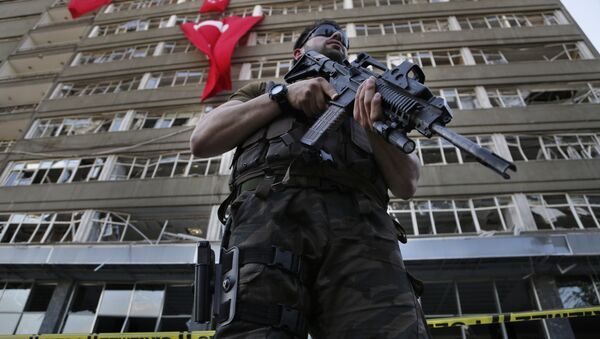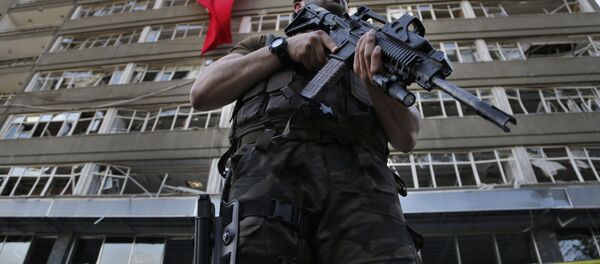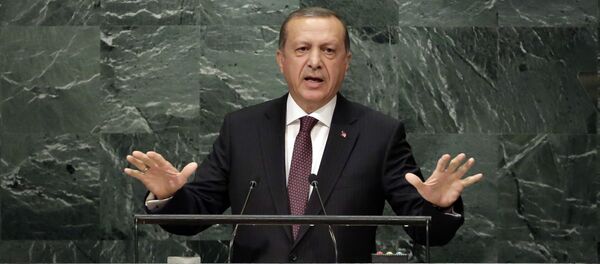According to the commissioner's report, the introduction of the state of emergency has allowed Ankara to apply "unlimited discretionary powers," which resulted in the detention of thousands of military officers, high-ranking civil servants, judges. suspected of alleged links to the movement of Islamic cleric Fethullah Gulen, who is believed by Ankara to be the mastermind behind a recent failed coup attempt.
"…the Commissioner insists on the urgency of reverting to ordinary procedures and safeguards, by ending the state of emergency as soon as possible. Until then, the authorities should start rolling back the deviations from such procedures and safeguards as quickly as possible, through a nuanced, sector-by-sector and case-by-case approach. The Commissioner also urges the Turkish authorities to make the widest use possible of the experience and guidance of Council of Europe bodies in this process," the report said.
According to Muiznieks, some security measures taken by the Turkish authorities under the state of emergency, such as "treating family members of a suspect," should not exist in a democratic society.
On July 15, a military coup attempt took place in Turkey. It was suppressed the following day. Over 240 people were killed during the coup attempt and an estimated 2,000 were wounded. Ankara has accused Gulen, who has lived in the US state of Pennsylvania since 1999, and his followers of playing a key role in the coup.
According to the Turkish justice minister, a total of 32,000 military officers, high-ranking civil servants, judges and teachers suspected of being Gulen supporters have been arrested in Turkey after the failed coup attempt.
Turkish President Recep Tayyip Erdogan said last week that the nationwide state of emergency, imposed in July, could be extended for another three months.




